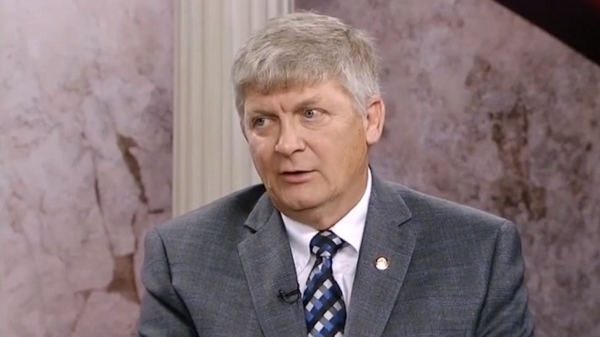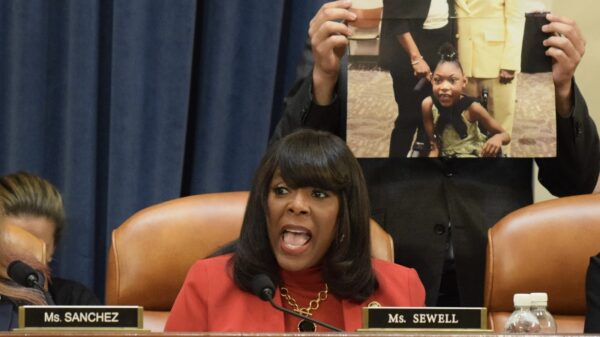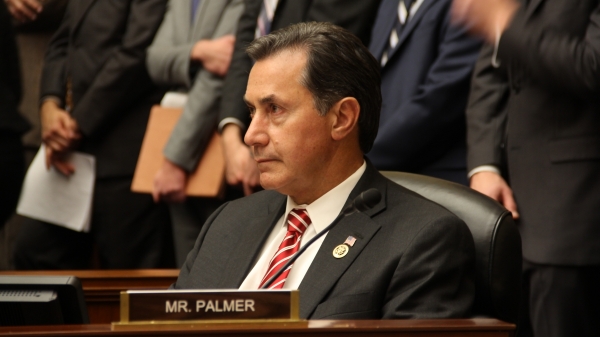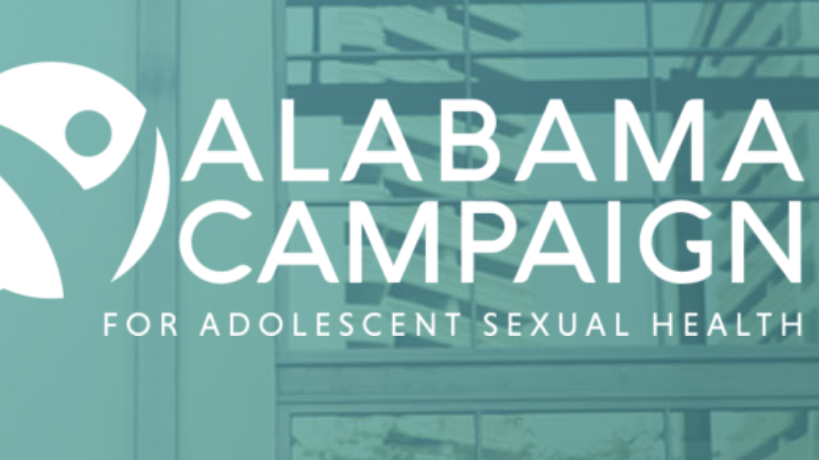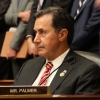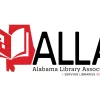Read Freely representative Amber Frey led the December webinar for the Alabama Campaign for Adolescent Sexual Health this week to discuss the impact book bans could have on sex education in the state.
“We have quite a few comprehensive, inclusive sex education books that are included in the list of books that are being either actively removed or challenged in our libraries,” Frey said.
Some of the most challenged books in the state have been sex education books, including the long-controversial sex ed book for younger teens “It’s Perfectly Normal.”
“There are a lot of illustrations and a lot of information in there that might be alarming to some people,” Frey said. “However, your kids are thinking about these things. Your kids are thinking about how they experience things and what is available for them to experience these things. The book ‘It’s Perfectly Normal’ goes into age-appropriate ways on how to safely do these things without harming yourself, without using harmful content on the internet.”
Another book that has come under fire is “Yes! No! A first conversation about consent.”
The book could be implied to regard sexual contact, but the book itself tells children the can set boundaries about being hugged or giving high fives.
“We’re not really sure where that book falls into why it’s inappropriate,” Frey said. “I’m very unclear and I’m very concerned with the books that they’re choosing for this.”
Challengers of the book have argued that the book teaches children that they can consent to contact, including sexual contact with an adult. The book barely references sexual contact, much less present the idea that children can give consent to sexual contact. The tone of the book implies children’s ability to withhold consent even when adults want them to make unwanted physical contact.
As one of Alabama’s comprehensive sex education providers, ACASH has found itself challenged recently as well. Rep. Susan Dubose, R-Hoover, introduced a bill last year to prohibit comprehensive sex ed in schools and instead use “sexual risk avoidance” programs, a rebrand of abstinence-only sex ed.
The organization has also been challenged for providing LGBTQ+ inclusive materials in events.

